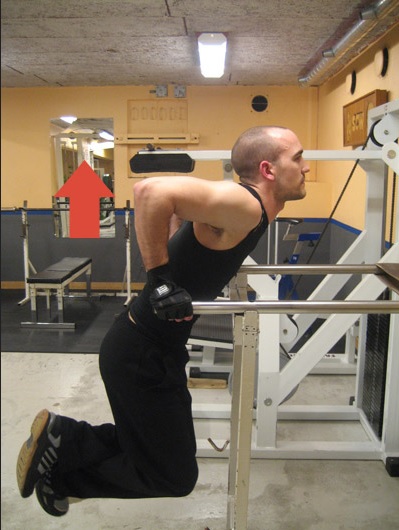Running is a great way to stay fit and clear your mind, especially if you’re doing it outside, but it is also a great way to get yourself injured if you aren’t careful!
If you want to get all of the benefits of running without experiencing any of the pitfalls, check out these tips to prevent running injuries:
Invest in a Good Pair of Running Shoes
The number one thing you can do to prevent running injuries is to invest in a pair or high-quality running shoes like these nike mens shox, which will support your foot and give you enough flexibility to run in comfort. If you can, having your foot measured by an expert is a great way to ensure you get the best running shoes for your feet.
Stretch Daily
Spending a few minutes each day stretching your body, and stretching before and after each run, will increase your flexibility so that you are less prone to suffering from all manner of sports injuries, including those from running. Ideally, you should aim to stretch for 10 minutes before and after your run.
Do Some Strength Training
Strength training and running are a match made in heaven. If you lift weights a couple of time a week, it will improve your strength and stamina, which will improve your running performance and help to prevent further injuries when you’re out pounding the pavement.
Stay Hydrated
Dehydration and heat exhaustion are common problems amongst runners, which is a shame because they can be so easily prevented by drinking enough water. Approximately two hours before running in a competition, or for a long distance, you should drink around 16 ounces of water, followed by a further 8 ounces after warming up. After the run, aim to drink a further 20 ounces within a two-hour window, and you shouldn’t have any issues.
Gradually Increase Your Efforts
If you’re new to running, you should gradually build up your mileage over a period of weeks and months.It’s tempting to jump right in and start running long distances right off the bat, but it’s unlikely you’re body will be able to handle the change of pace, and you could end up with torn muscles and other painful issues. It’s much better to take it slow and ensure you aren’t taken out of the game in the early stages.
Include Rest Days
You might feel like you can run unimpeded every day, but your body needs rest time to repair and recover, which is why you should always have at least a couple of rest days built into your weekly training schedule. Your rest days don’t necessarily have to be idle- you can crosstrain – but you shouldn’t be running at maximum pace every day.
Have Your Technique Evaluated
If you’re serious about running and you really don’t want to run the risk of injury, it might be worth hiring a running expert to evaluate your gait. They will be able to tell you what you’re doing right and wrong, giving you tips and tricks to modify your form for better performance and enhanced safety.
There’s no guarantee you’ll never suffer a sports injury, but if you do all of the above, it’s much less likely to happen.












